SUSTAINABLE



The global food system is the single largest contributor to biodiversity loss, deforestation, drought, freshwater pollution and the degradation of oceanic environments.1 In the UK alone, domestic food production accounts for approximately 20% of our greenhouse gas emissions.2

As a world-leading science, technology and medicine institution, Imperial College London recognises its responsibility to be a global leader in the transition towards a more sustainable world.
Our Sustainability Strategy 2022-26 articulates our vision to incorporate sustainability into everything we do. This Sustainable Food & Drink Policy is an outcome of the Strategy.
It is imperative that we incorporate environmental and social considerations into our local approaches to food and catering. The Policy aims to outline an ambitious yet credible roadmap towards embedding the progress we have already made in sustainable catering and our vision for where we wish to be.
1 National Food Strategy, National Food Strategy: The Plan, 2021, p. 10.
2 National Food Strategy, National Food Strategy: The Plan, 2021, p. 21.
To articulate our vision in an actionable and easily understandable way, we have structured this policy in five sections: aims, enablers, scope, considerations, and targets.
We aim to:
• Give preference to products and services that are manufactured (and can be used, recycled or disposed of) in an environmentally and socially responsible way,
wherever possible within budgetary capacities.
• Minimise the carbon footprint and water usage associated with our food procurement and production.
• Empower our students and staff with greater access to information on how sustainability interacts with the food system.
The scope of the policy is:
Encompassing a ‘whole of College’ approach, this policy must be applied to all catering outlets and food served for events.
This includes:
• Outlets operated in-house (under the Taste Imperial brand)
• Third-party outlets
• Internal events hospitality (managed by Taste Imperial)
We intend for this policy to be ambitious yet realistic. We acknowledge that, in some areas, there will be a financial implication from the changes we have outlined. We do not currently foresee this as a reason to limit our ambitions.
To enable these, we will:
1. Develop clear objectives, with all our stakeholders, backed up by detailed targets.
2. Identify the mechanisms that we intend to use to incorporate environmental and social factors into our product selection process.
3. Develop performance indicators and evaluation criteria to measure our progress.
4. Clearly specify the role that purchasing officers will play in identifying and selecting sustainable products and services.
5. Ensure that our suppliers are well-informed about our Sustainable Food Policy and that our ambitions are outlined from ‘day one’ of the relationship.
6. Conduct purchasing audits to identify good practice and areas for improvement, utilizing internal tracking.
7. Examine this Sustainable Food Policy on at least an annual basis and assess whether the targets have been reached and whether, therefore, they can be raised.
8. Build responsibility for the management of this policy into the job description of all catering staff (with delineated responsibilities dependent on grade).
• Ad-hoc suppliers for events (external)
However, it should be noted that Taste Imperial is a not-for-profit enterprise that aims to be wholly self-sufficient (and, where this isn’t possible, is reliant upon College subsidies). Given this, it may be necessary for some targets to be amended or withdrawn should there be a significant and unforeseen change in the economic or catering environment during the period of this policy.
We are making bold commitments to minimise and eliminate foods that are not sustainable, ensure the food we serve meets the highest certified standards, and prioritise local, seasonal produce across-the-board.
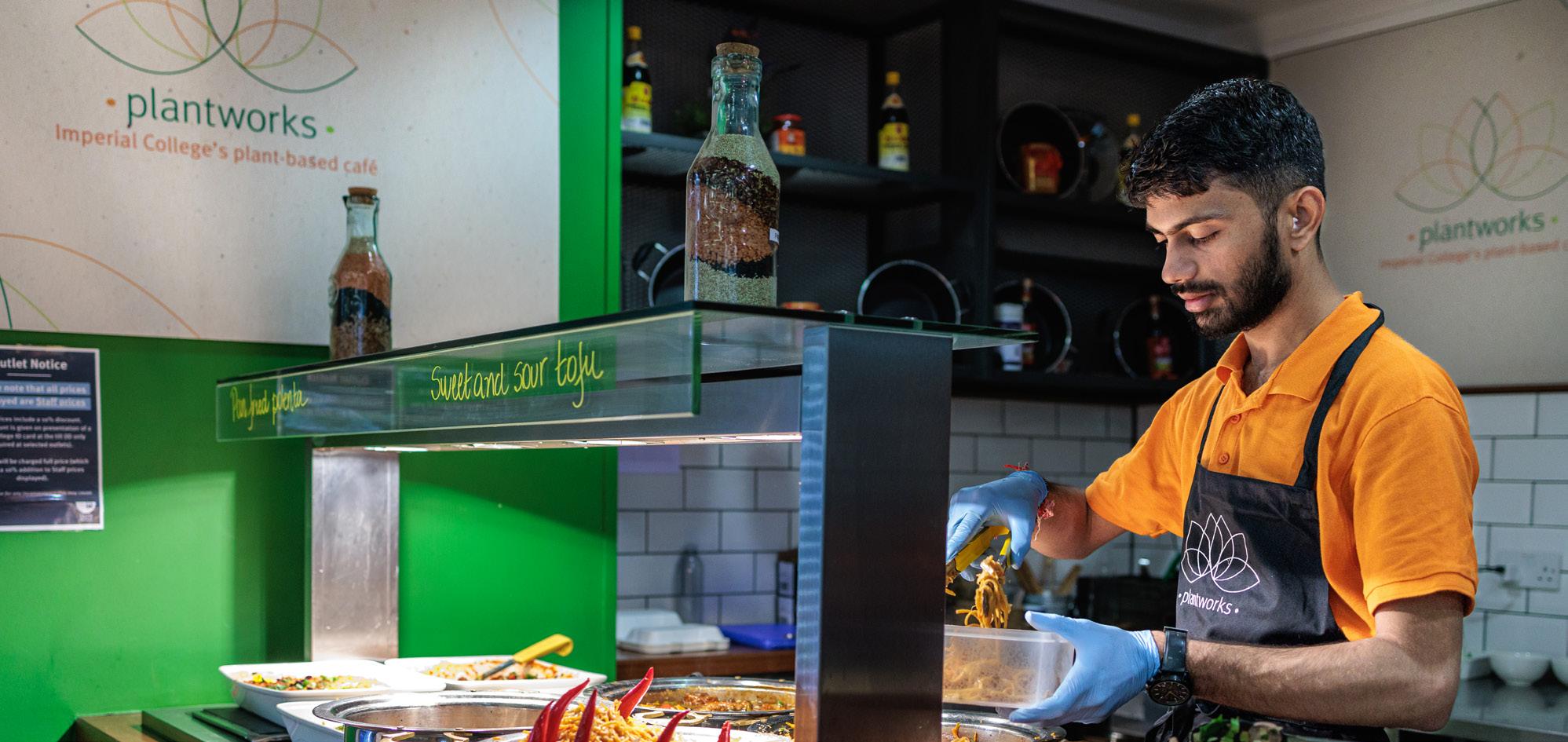
We have already reduced beef on our menus by since 2017
We will:
• Reduce the amount of beef we serve by 35% annually, culminating in the complete removal of beef products in 2025-26.
• Maintain the already minimal use of lamb and, if possible, aim to phase out lamb alongside beef.
• Monitor and reduce the amount of meat (particularly processed meats), replacing this where necessary with pulses, beans, and other sources of protein.
• Increase plants as a percentage per portion and increase plant-based alternatives by 50% by 2024.
• Ensure that 100% of the livestock produce we serve meets Red Tractor Assured Standards (or similar) as a minimum.3
• By 2022-24, all beef and lamb will be from UK providers only.
• At least 80% of meat purchased will be higher welfare. This will increase by 5% per year.
• Our event catering will be ‘vegetarian by default’ (all options will remain available - the default option when selecting choices will be vegetarian).
• By the end of 2022-23, all non-dairy milks will be available at no extra charge.
We will:
• Include at least three seasonal components on each menu by 2025-26.
• Always stock seasonal fruit in preference over non-seasonal fruit.
• Monitor the amount of fruit and vegetables we purchase under the following schemes: Entry Level Stewardship or Higher Level
We will:
• Only serve fish that is Marine Stewardship Council (MSC) Certified.5
• Eliminate any fish on our menus that are on the Marine Conservation Society’s red list and only promote fish that is on the ‘fish to eat’ list.6
Stewardship Scheme; LEAF-Marque certification and Organic certification, and aim to increase the proportion of such produce over time.4
• Seek to use farm discarded fruits and vegetables wherever possible (e.g. misshapen vegetables).
Sustainability starts with the supplier, and continues right through to the point of disposal. We are looking to implement clear, actionable initiatives to improve our 360 approach on food procurement and waste.
4 Linking Environment and Farming, LEAF Marque, n.d.
5 Marine Conservation Society, How we meet best practice, n.d.
6 Marine Conservation Society, Good Fish Guide, n.d.
6 Sustain, Sustainable Fish Cities, n.d.
• Prioritise tinned tuna that is pole and line caught or MSC Certified. We will not use tinned tuna that has been caught using purse seine nets with Fish Aggregation Devices (FADS).
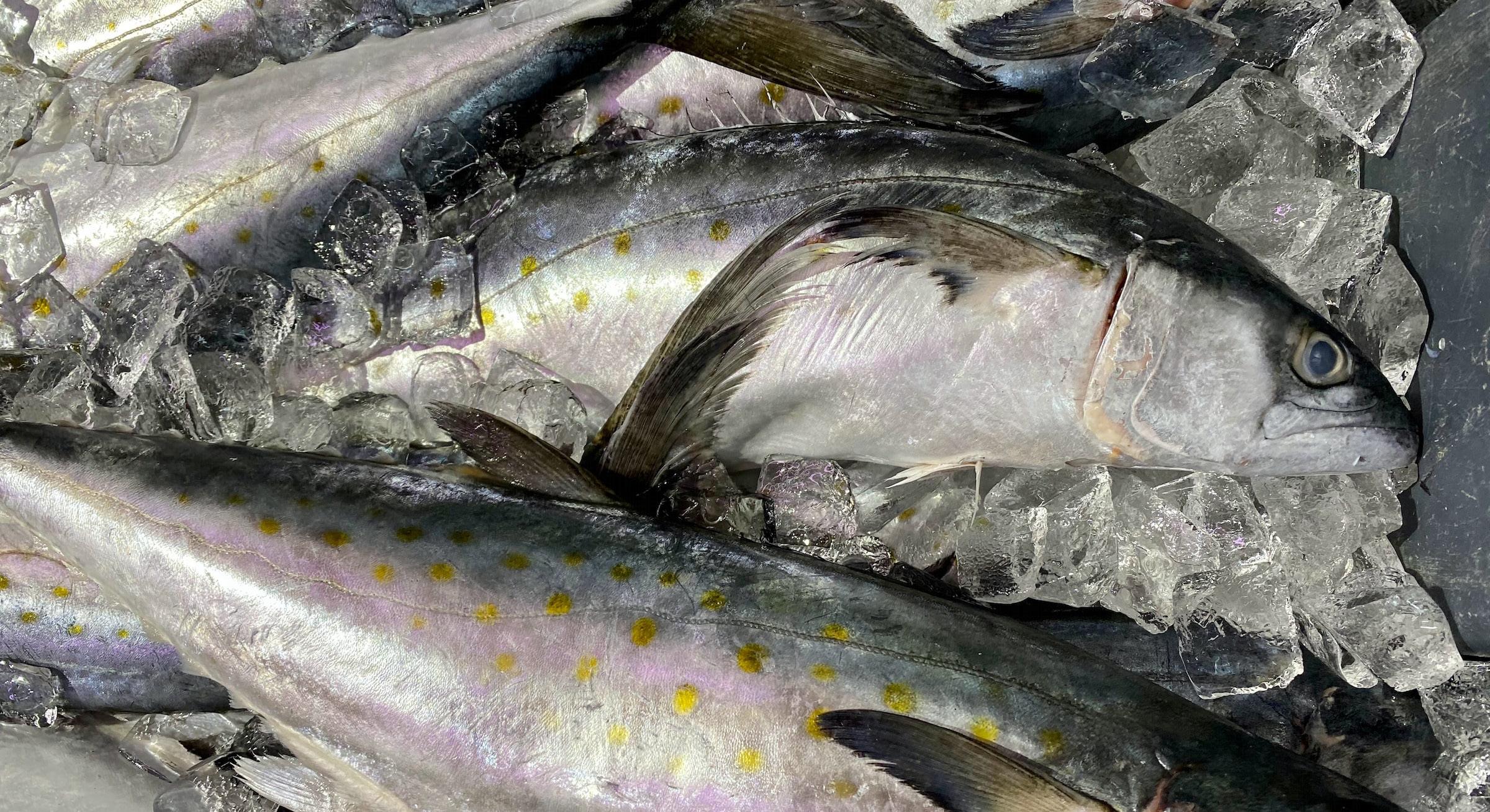
• Maintain our signatory status with Sustainable Fish City. 7
We will:
• By 2023, assess how many food deliveries are made to the College per week and, working with suppliers, aim to reduce this number to an absolute minimum by 2030.
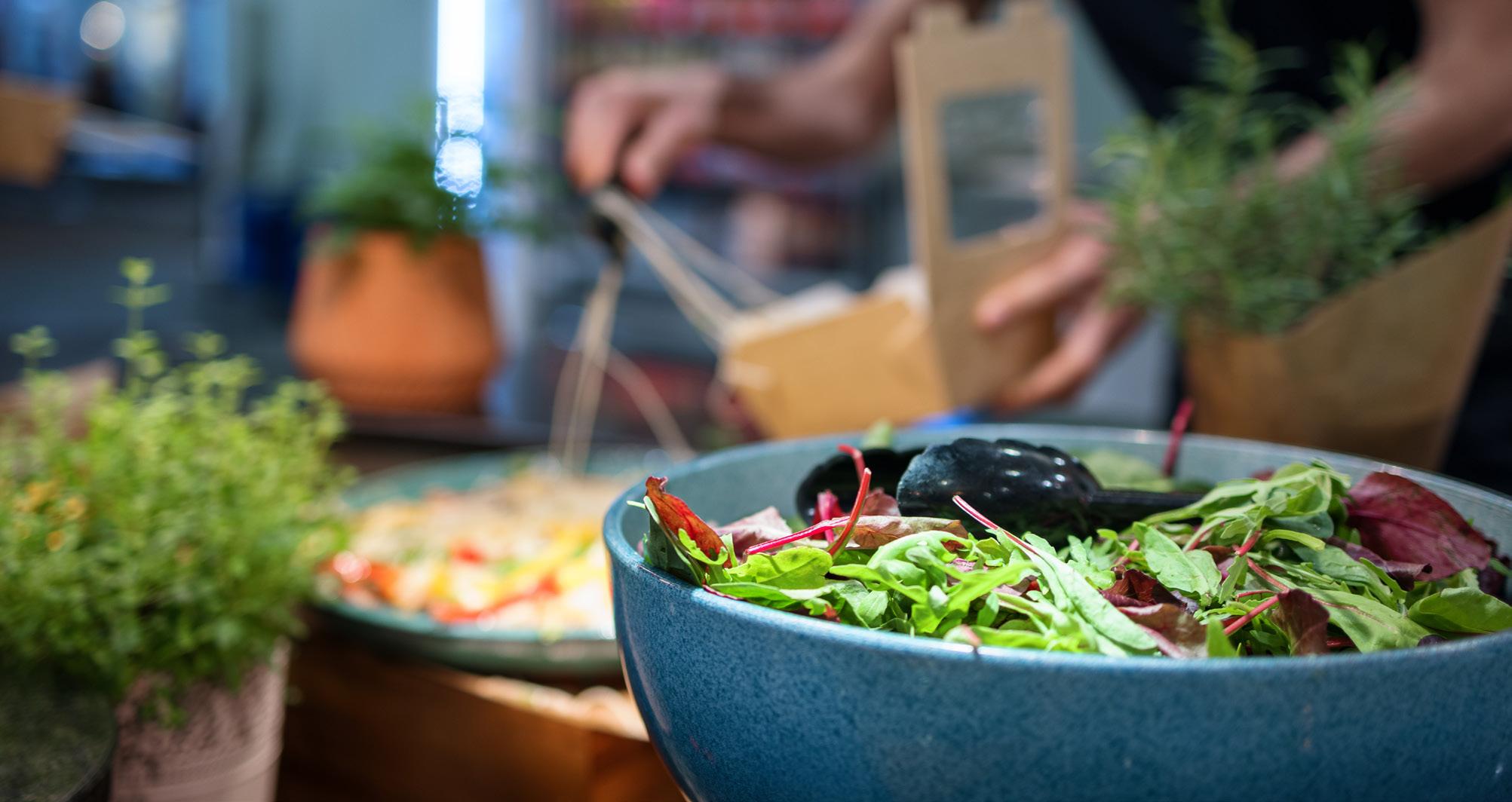
We will:
Introduce a revised reusable cup scheme, allowing our community to efficiently recycle and reuse their cups, with a clear brand identity to support this.
We will:
• Explore innovative pricing solutions to ensure that plant-based meals remain affordable and accessible to our community.
It is an unavoidable reality that plant-based foods currently come with a premium. On average, plantbased foods can be between 30140% more expensive to procure from suppliers, when compared with more processed, widely available meats.
A fundamental part of this policy is empowering our community to reassess their own food consumption and better understand the interlinkages between food and sustainability.
We will:
• Develop a suite of informational materials across outlets to engage, inform and empower our customers on the rationale behind these changes and how food interacts with sustainability.
• Develop a consistent visual identity for advertising and signposting plant-based meal options.
• Where appropriate, supplement informational materials with ‘customer nudges’ – this will include reviewing how choices are positioned in each outlet, menu hierarchy and adopting a ‘by default’ approach.
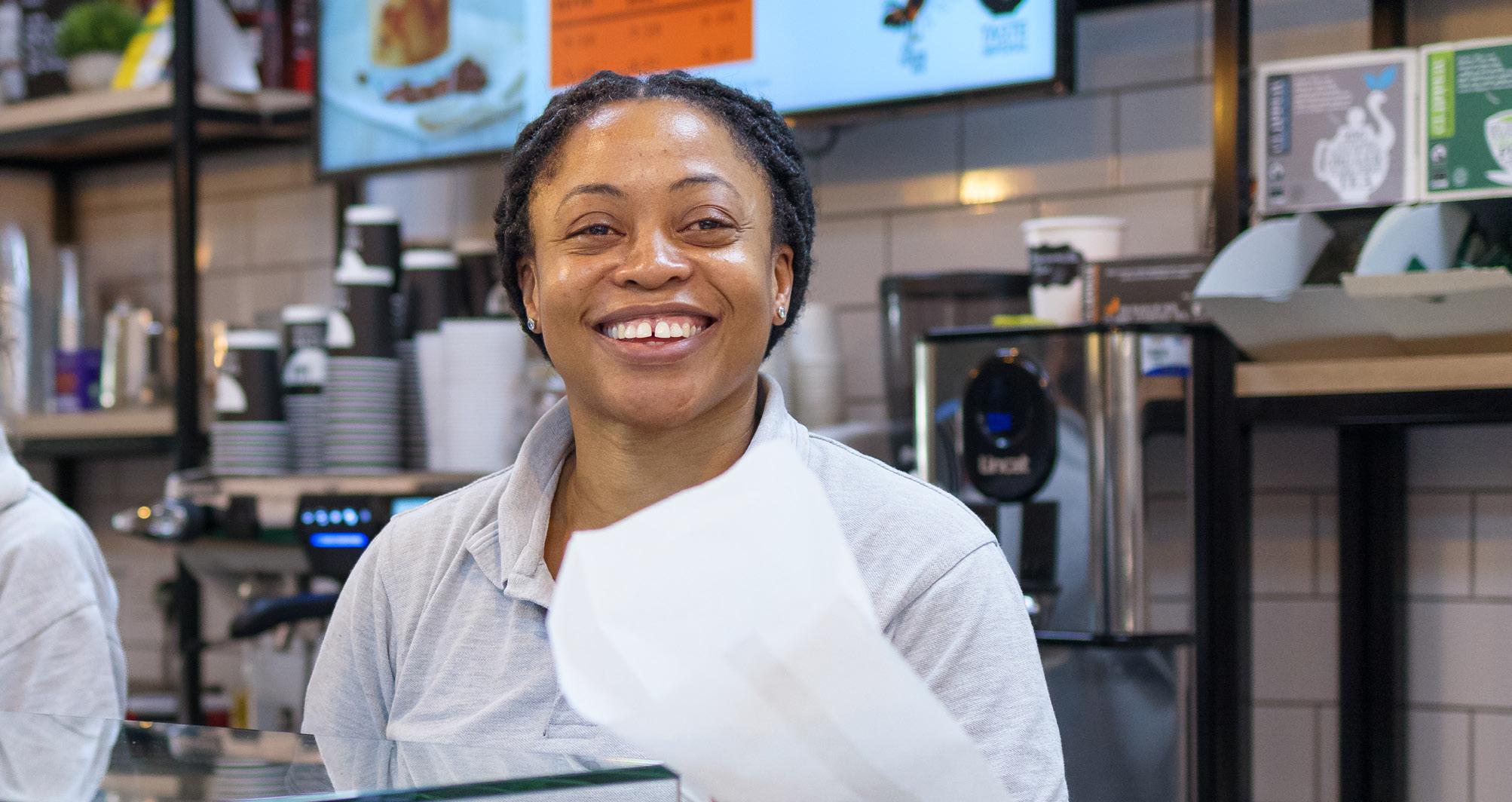
We will:
• Seek to develop community spaces to support student and staff involvement in sustainable food projects. This may include the development of food growing space either on or off campus.
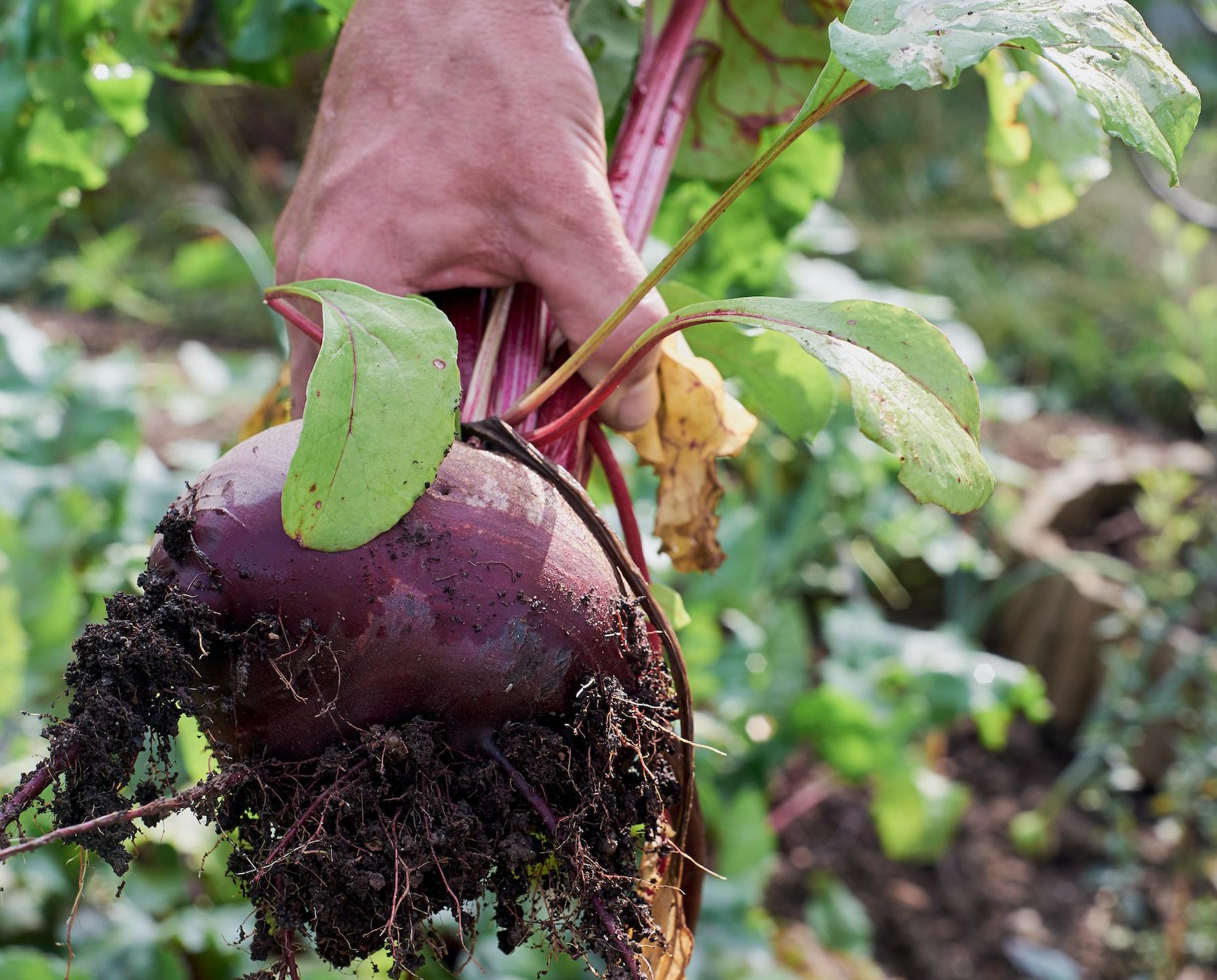
Linking Environment and Farming (n.d.), LEAF Marque, Retrieved 20 July from: https://leaf.eco/farming/leaf-marque
Marine Conservation Society (n.d.), Good Fish Guide, Retrieved 20 July 2022 from: https://www.mcsuk.org/goodfishguide/
Marine Conservation Society (n.d.), How we meet best practice, Retrieved 20 July 2022 from: https://www.msc.org/aboutthe-msc/how-we-meet-best-practice
National Food Strategy (2021), National Food Strategy: The Plan, Retrieved 20 July from: https://www.nationalfoodstrategy. org/
Red Tractor Certified Standards (n.d.), Our Standards, Retrieved 20 July from: https:// redtractor.org.uk/our-standards/
Sustain (n.d.), Sustainable Fish Cities, Retrieved 4 October 2022 from: https:// www.sustainweb.org/sustainablefishcity/
Written by Maxwell Lacey, Kamil Khoury, and Anthony Shepherd
With contributions by Paul Lickiss, Jane Neary, Ella Shepherd, Rhea Samra, Lolade Hassan, Peter Knapp, and Jack Olney
Cover image: Peyman Farmani/Unsplash.com
Published October 2022